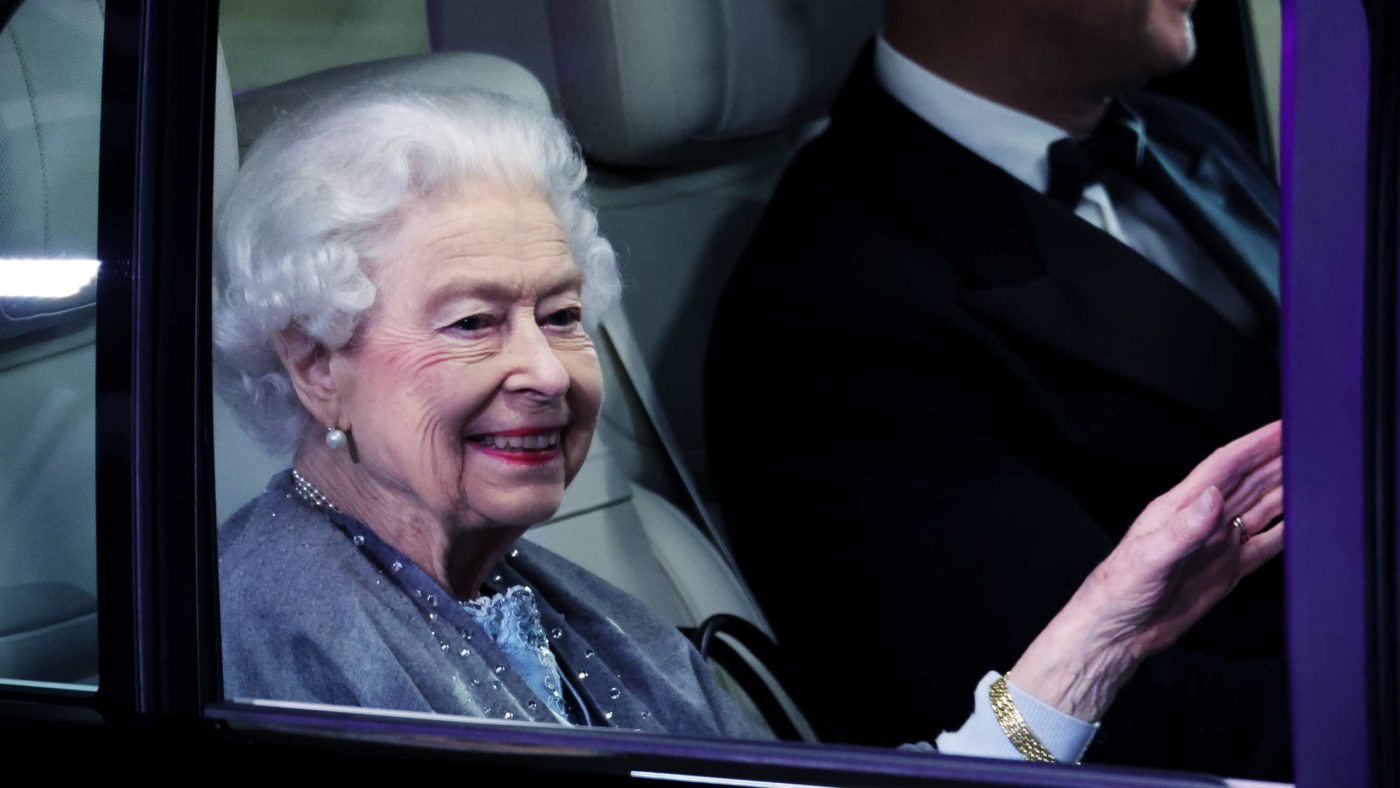The strongest argument for a hereditary constitutional monarchy in modern Britain is a democratic one. There is no barrier to establishing a republic, beyond those who want one securing democratic consent for that change. The Royals now embrace this principle across the Commonwealth – from Jamaica to Australia – and it applies to Britain too.
The Queen’s long reign of seven decades has seen significant social change, most strikingly in the increased opportunities available to women and decline in discrimination. But what has remained stable is sustained public support for the monarchy. The first modern poll on this topic found 19% support for a republic back in 1969 – with remarkably little change, decade after decade, despite enormous social shifts and tumultuous personal dramas within the Royal Family itself.
New Focaldata research for British Future, to be published in the report ‘Jubilee Britain’ this week, finds that a quarter of people now say that the end of the Queen’s reign would be the right time to move on and become a republic. But six out of ten people want the monarchy to continue for the foreseeable future and 85% expect the monarchy to still be with us in 2032.
Support for keeping the monarchy is rock solid among older people in the south of England.– but only a minority of those in Scotland, of ethnic minority Britain, and of the youngest adults are actively in favour.
So this Jubilee vote of confidence comes with challenges too, as well as an invitation as to how the Crown could rise to meet them. It shows why the monarchy would be wise to resist efforts – sometimes from those who think of themselves as its most vocal champions – to use the Royals as ammunition in the so-called ‘culture wars’, as a symbol of enduring tradition that can see off the emergence of ‘woke’ ideology.
In fact, there is public appetite for the monarchy to play a role in bringing people together. To do this, it needs to continue to transcend the competing political tribes and also extend its reach across the nations and regions, across generations, and ethnic groups.
That ethnic minority Britain is now more on the fence about the monarchy reflects a shift in perspective across generations. If the Windrush generation of Commonwealth migrants to Britain often saw the Crown as a symbol of the history that explained their presence and status in Britain, it feels much more distant to their British-born grandchildren. This challenge was exacerbated by the unhappy departure of Prince Harry and Meghan Markle, which was, at the least, a missed opportunity. Yet it should never have been the job of one princess of mixed ethnic heritage, rather than the national institution itself, to drive forward the monarchy’s engagement with the diversity of modern Britain.
Most people say that the monarchy can play an important role in bridging divides between people from different ethnic and faith backgrounds, while a quarter think that this is not its role.
This year offers important opportunities for it to do so. The Jubilee generates the highest level of public interest in a year packed with national events: 77% say it is important, ahead of major sporting and cultural moments. Yet only 48% of people in Scotland say they are interested In the Jubilee, with 49% saying that they are not. Scottish attention may be rather more gripped by the national team’s bid to beat Ukraine and Wales to clinch a place at the World Cup during the week of the Jubilee.
The Royals have engaged much more proactively with diversity across the Commonwealth than here in Britain. Birmingham hosting this summer’s Commonwealth Games, and the 75th anniversary of the arrival of the Windrush next year, offer ideal opportunities to bridge that gap.
In this year of welcoming, the Royal Estates should take part in the Homes for Ukraine welcoming scheme, while the Jubilee parties offer an ideal opportunity by celebrate the contribution of both the welcomers and the welcomed. Those coming from Ukraine, Hong Kong and Afghanistan today mark the latest chapter of seven decades of change in which Hungarians in the 1950s, Ugandan Asians in the 1970s, and Poles early in this century have become proud new Britons.
Since the monarchy is itself a product of 1,000 years of immigration and integration, recasting its Norman, Dutch and German origins into the sturdy oak of the House of Windsor, it should be a natural champion of new Britons. The next coronation could become an ideal moment to begin to host an annual citizenship ceremony at the Palace that celebrates the pride and patriotism of those who have chosen to become British.
The Queen opened this Platinum Jubilee year by conveying her wishes for what should happen beyond her reign. In doing so, the 96-year-old monarch gave tacit consent for a tactful reflection on the sensitive topic of the institution’s future.
The monarchy will shape two of the most momentous public events of the next decade or so – first in mourning, and then in how a future coronation is celebrated. How far that occasion can rise to meet the expectations of a new bridging monarchy in polarised times may help to determine how confidently the monarchy continues to navigate the changes of the decades to come.
Click here to subscribe to our daily briefing – the best pieces from CapX and across the web.
CapX depends on the generosity of its readers. If you value what we do, please consider making a donation.


